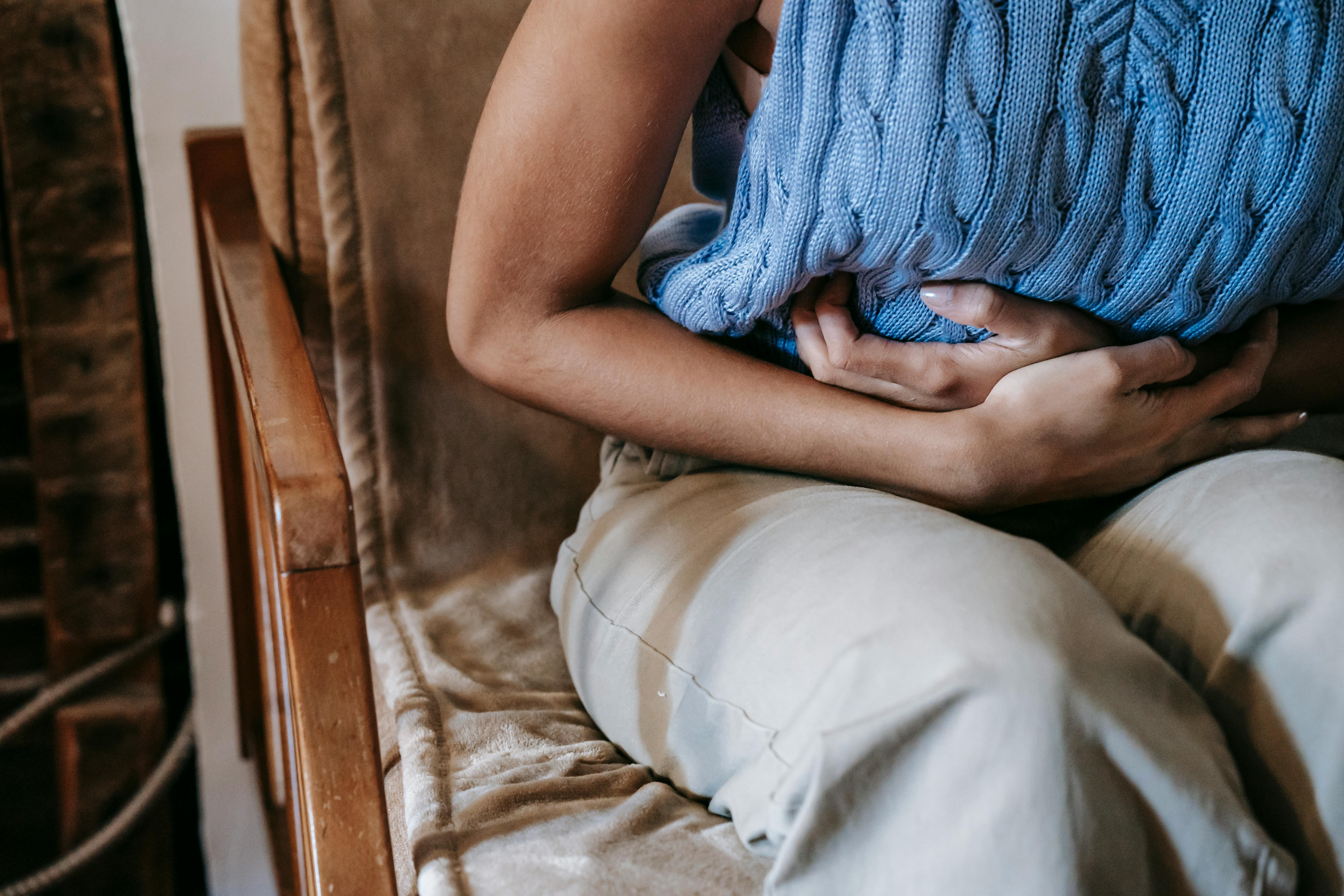The kidney is a small, bean-shaped organ found at the back of the body, a little above the hip region. Most people have two kidneys, which function by eliminating waste products and excessive water from the blood. Urine often moves through the urinary system without any form of contamination, but when bacteria get into the urinary system, it can cause urinary tract infections(UTIs).
The bladder is an organ with a balloon-like shape; it stores urine before it is released from the body. The ureters are another organ, which is a thin tube that moves urine from the kidney to the bladder. The urethra is an organ that moves urine from the bladder to the outer region of the body.
It is easier for women to get UTIs compared with men, mainly as a result of the female lower urinary tract anatomy and its proximity to reproductive organs. The female urethra is naturally short; it reduces the distance for bacterial ingress and opens into the vulvar vestibule. The proximity of the anus facilitates the colonization of the reproductive organs and distal parts of the urinary tract. Pregnancy and the perinatal periods are characteristic points for urinary infections to spring up.
However, the chances of women getting a UTI vary amongst women as well, following certain factors. A sexually active woman stands a greater chance of having a UTI because bacteria can move from other areas, like the vagina, to the urethra. Pregnancy hormones can change the bacteria in the urinary tract, increasing the chances of UTI development. Leftover urine with bacteria can cause UTI, and since a lot of pregnant women often have trouble with emptying their bladder as a result of the developing baby sitting on top of the bladder during pregnancy.
After going through menopause, the loss of the hormone estrogen makes the vaginal tissue become dry and thin, which makes it easier for harmful bacteria to grow and cause a UTI. The presence of diabetes can lower a person's immune system, and cause nerve damage, making it more difficult for us to empty our bladders. Kidney stone is a condition that blocks the flow of urine between the kidney and the bladder.
The existence of UTI will give you some or all of these symptoms; pressure in the lower abdomen, pain during urination, fever is usually a sign that the infection has gotten to the kidneys, blood in the urine, bad smelly or cloudy looking urine, and feeling shaky, tired, confused, or weak. Observing the possible symptoms of UTI and reporting to a medical expert on time will prevent the possibility of damage to the urinary tract. The infection getting into the bloodstream is a rare possibility, which is highly life-threatening.
Some simple daily lifestyle attitudes can help with the prevention of UTI, although these things can be followed, and UTI will still happen, but just trying to follow these actions can help a lot. Drinking up to six to eight hours of water in a day, urinating before and after sex, cleaning the anus and the outer lips of the genitals everyday, wiping from front to back, putting on underpants with a cotton crotch, baths should be limited to 30 minutes or less, and very importantly, urinate immediately you have to.
An interesting information I learned is that you can pick up UTI through your fingers, the hands can pick up bacteria and other microorganisms when you touch an infected surface, bacteria can further be introduced to the urethra when you go to the bathroom or during a form of sexual act. Washing hands before and after going to the bathroom and having sex is a good way to prevent the occurrence of STIs.
Antibiotics are required for the treatment of UTI A healthcare expert will choose an antibiotic that works perfectly against the infection. Patients are advised to stick to the appropriate use of any prescribed antibiotics, even if symptoms go away.
Chronic UTIs do not go away easily, and short-term antibiotics do not work as well. Chronic UTIs can also be very difficult to diagnose and can have a big impact on the quality of life. Early detection and treatment of STI cases will prevent cases of chronic UTI.
For Further Studies
https://pmc.ncbi.nlm.nih.gov/articles/PMC8077804/
https://www.nhs.uk/conditions/urinary-tract-infections-utis/
https://www.mayoclinic.org/diseases-conditions/urinary-tract-infection/symptoms-causes/syc-20353447
https://www.webmd.com/women/your-guide-urinary-tract-infections
https://my.clevelandclinic.org/health/diseases/9135-urinary-tract-infections

Hi, I am Tobi, a writer, speaker, relationship blogger, and lover of good music. I love making friends and learning from people. Want to hear me speak on relationships and general life issues? You can find my YouTube channel where you can listen and watch any episode for free. Please, do not forget to subscribe, friends. I sincerely appreciate every love I get from here. Kindly do well to keep them coming.
